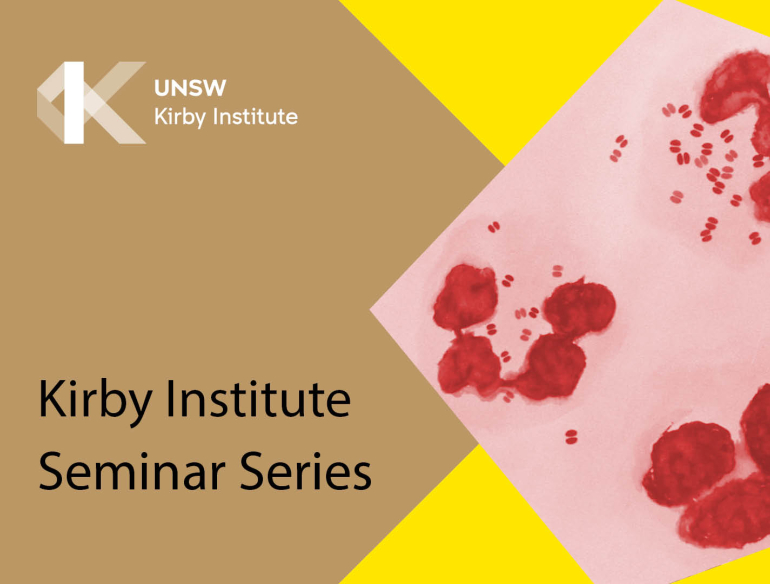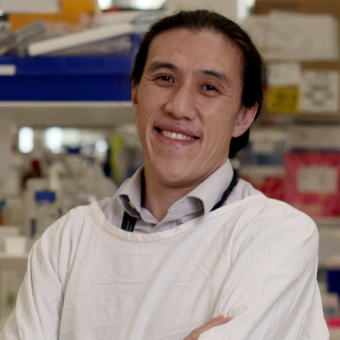Hepatitis B infection is the major cause of liver cancer worldwide. Liver cancers only become detectable decades after the initial infection. A/Prof Tu’s group aims to characterise what occurs during this long pre-cancerous phase to detect risk-factors before cancer forms, and so reduce mortality rates using early interventions.
Cancer risk can be lessened (but not eliminated) with current antiviral therapies. The team has developed novel assays to sensitively detect the drug-resistant forms of the virus. They are now designing therapeutic approaches to disrupt these forms, cure an infection, and eliminate the risk of cancer progression.
|
Associate Professor Thomas Tu Thomas Tu is a molecular biologist and leads a research group at the Westmead Institute for Medical Research in the Storr Liver Centre (Sydney, Australia), where his team focuses on persistent forms of the Hepatitis B virus (covalently closed circular DNA and integrated HBV DNA) and develops methods to measure and eliminate them. He is particularly passionate about developing an HBV cure and mitigating the associated liver cancer, as he himself lives with chronic Hepatitis B. This provides him with unique perspectives on the disease as a researcher, patient, and advocate. He has won multiple awards for his research and outreach, most recently the 2022 NSW Young Tall Poppy Science award and the Inaugural Paul and Valeria Ainsworth Precision Medicine Fellowship. A/Prof Tu is President of the Australian Centre for Hepatitis Virology, the premier Australian society for hepatitis virus researchers. He is also the founder and Director of HepBCommunity.org (a global support network for people affected with HBV), guiding people through their HBV diagnosis, and linking them with trustworthy scientific and medical information. Recently he has established Hepatitis B Voices Australia, an advocacy group run by the affected community. |
Opinions expressed by individuals at this event are solely of those of the individual/s and do not necessarily represent the views or opinions of the Kirby Institute or UNSW.

